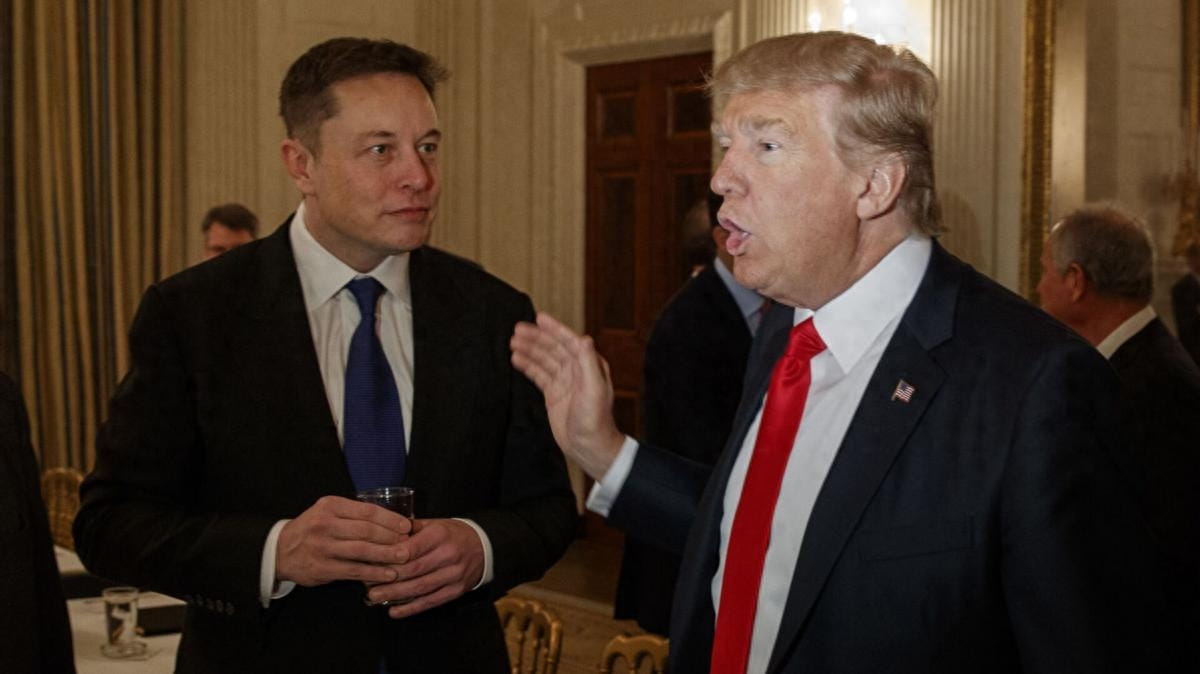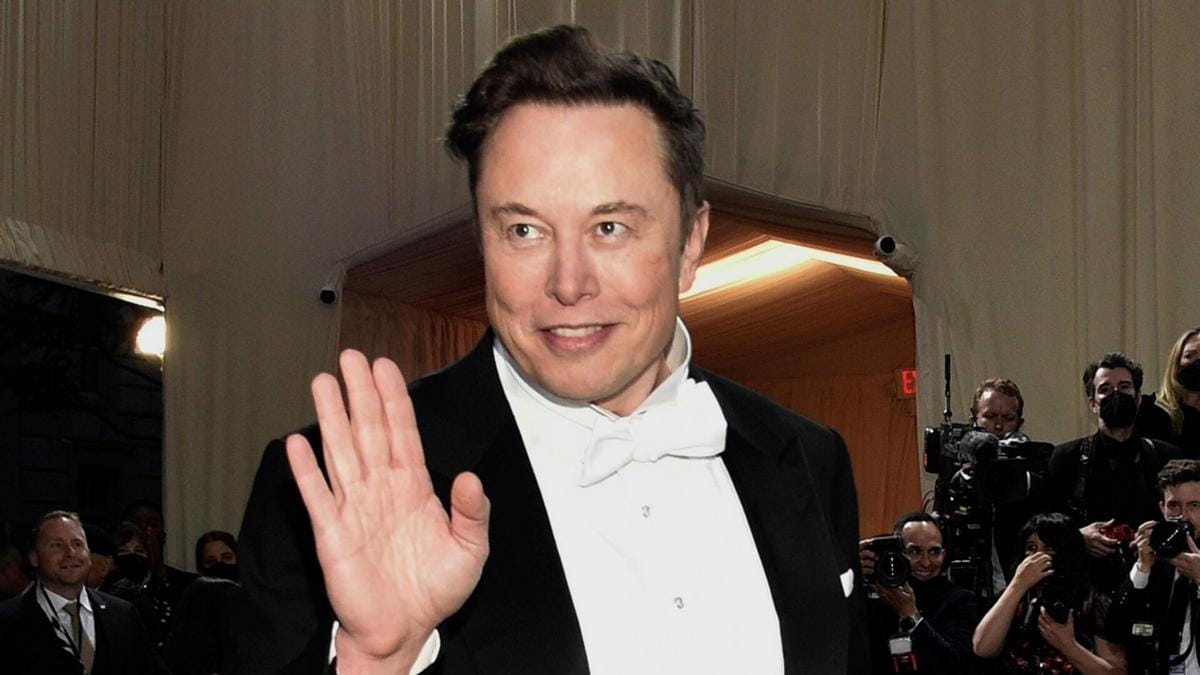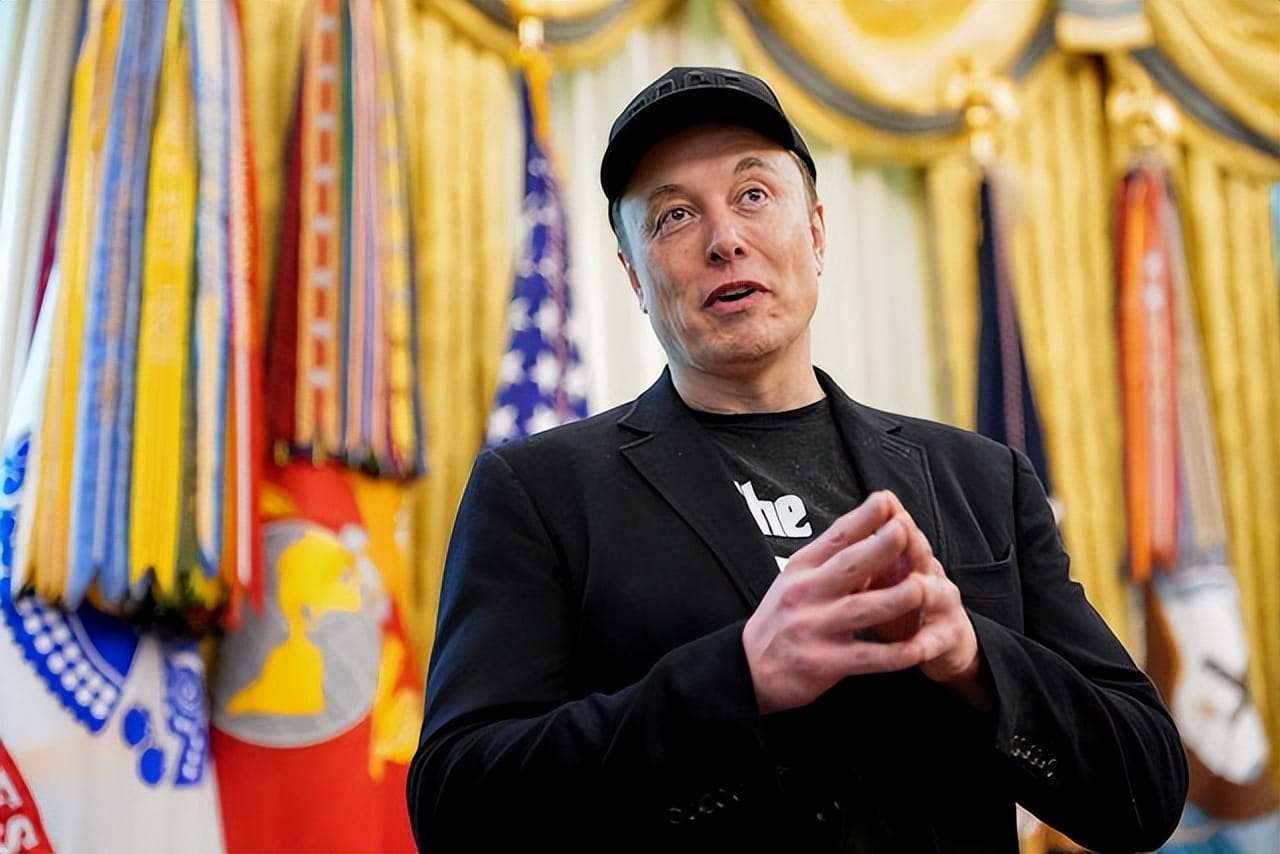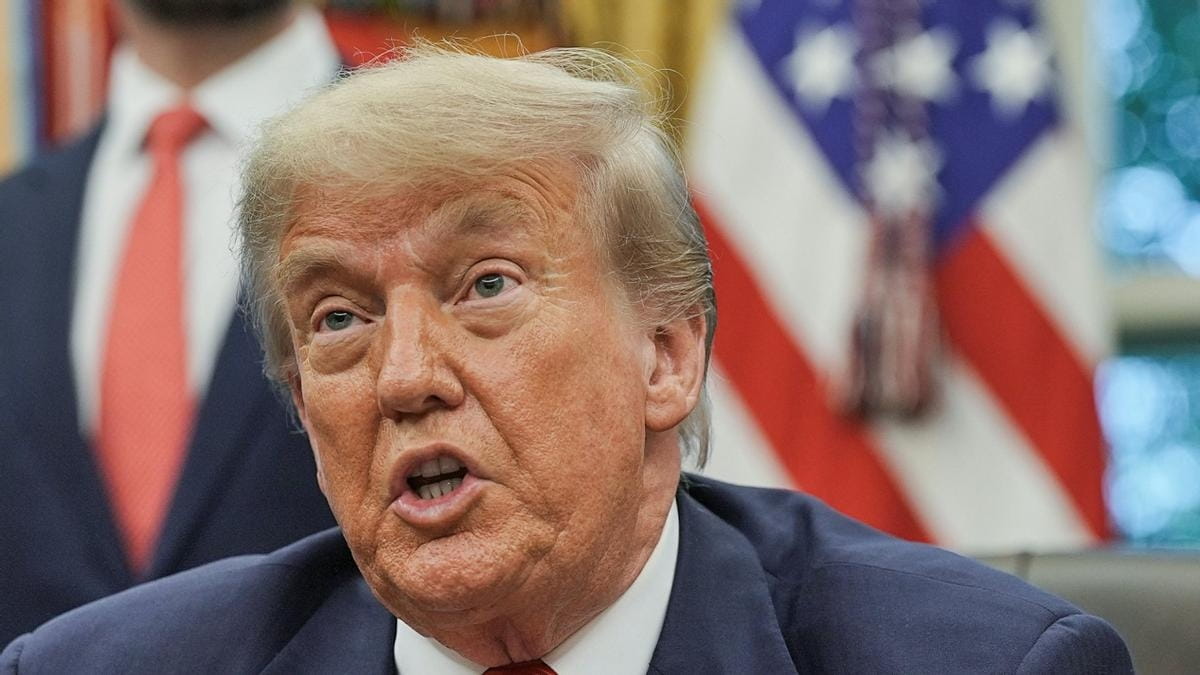At the beginning of July, Musk announced the establishment of the 'American Party', claiming to enable 80% of independent voters to 'take back America's destiny'. Yet, in less than a month, its support rate plummeted from an initial 65% to just 11%, a total drop of 54%. Trump's earlier remark that 'third parties have never succeeded' is beginning to come true. So, the question arises: is Musk's party-building effort merely a game of traffic on social media?
When Musk announced the founding of a political party and it trended on social media, a political journey fraught with challenges quietly began. This 'tech mogul' from Silicon Valley is now directly targeting the American political system itself. His choice of timing is also quite strategic, coinciding with the day after Trump signed the 'Big and Beautiful' tax reform bill, with traditional politics continuing its game on one side and Musk, who claims to represent the 'future', raising the banner of rebellion on the other.

However, according to relevant polls from the 14th, Musk's 'revolution' has not sparked genuine expectations among the American public. Although nearly half of the respondents admitted that 'the two-party system is outdated', very few are truly willing to join the 'American Party', with only 11% indicating they would consider supporting it, and even fewer among independent voters. The short-term support surge may be a product of Musk's influence on social media, but it does not constitute a stable political organizational momentum. This is precisely the deep waters of American politics; publicity can rely on algorithms, but organization must depend on actual mobilization.
Trump had already anticipated this. He has bluntly stated that 'third parties have never succeeded' and mocked Musk. On the surface, this seems like a seasoned politician's disdain for an 'outsider', but in reality, it is a precise disassembly of a potential disruptor. American history is not short of third-party challengers like Perot and Nader, but none have shaken the foundations of the two-party system. Even if Musk has money and a technological platform, he cannot bypass the layers of restrictions imposed by the American electoral system. Just the legal hurdles for ballot access can delay a new party for years, let alone face the coordinated blockade and counterattack from both parties.

The more realistic dilemma lies in Musk's starting point; he has never been a pure 'political idealist'. The background of his founding of the 'American Party' is a counterattack after being frustrated and marginalized in internal White House struggles. He criticized the 'Big and Beautiful' bill as the 'debt slavery bill', and in anger, initiated a poll on social media to announce the party's establishment. However, this seems more like a 'momentum-driven' operation rather than a carefully considered foundation for a political party. As of now, he has not submitted any party registration documents, and the organizational structure, policy agenda, and candidate list of the 'American Party' are all still in a stage of 'assuming it will happen'.
What’s worse is that Musk's support has collapsed faster than anticipated. The 'Trump loyalists' within the Republican Party were originally potential supporters for Musk, but their stance quickly shifted after he 'went independent'. Meanwhile, Democratic voters' distrust of him has long been deeply rooted, with the proportion holding a positive view of Musk dropping below 10% since the beginning of the year. The '80% of independents' he originally hoped for have not truly rallied behind him; instead, they are watching from the sidelines or even observing coldly. In just a few weeks, the polling support for the 'American Party' has plummeted 54%, from an initial 65% to just 11%, which is nearly a cliff-like blow for a newly established force.

The reason for such a devastating defeat is not hard to understand. From April to July, Musk's attitude towards Trump was quite erratic, initially donning the hat of 'Trump is always right' at the White House, then angrily leaving the White House to return to his business, followed by a furious criticism of the 'Big and Beautiful' bill, and then announcing the establishment of the 'American Party'. This series of flip-flops has led to a severe lack of credibility.
It is important to know that what American politics needs is stable trust and long-term investment, not a fleeting trend or viral hit. The 'American Party' currently lacks precisely that credibility. People see a shell of a party that hasn't even completed the paperwork, with an unclear team structure—how could they possibly cast their votes?
This also raises doubts about whether Musk is genuinely serious about building a party or merely using it as a bargaining chip. Many analysts lean towards the latter. Currently, he has not initiated formal procedures, only launching a 'call for conference time collection'. In terms of political language, this is a clear move to retain a backup plan. If the wind turns unfavorable, or if he reconciles with Trump, he can easily label this all as an 'exploratory experiment' and use AI models for a retrospective assessment. This preserves his exit strategy and gives him bargaining chips for the future.

Thus, at its core, the 'American Party' appears more like a political asset 'inflation operation' by Musk, which can leverage social media to maintain presence while intimidating the Republican Party from within, creating space for negotiation. If he can attract members of Congress, it could create a balance in Congress. Conversely, even if it does not become a 'catfish' to change the game, it can still stir the waters as a 'mad fish'.

